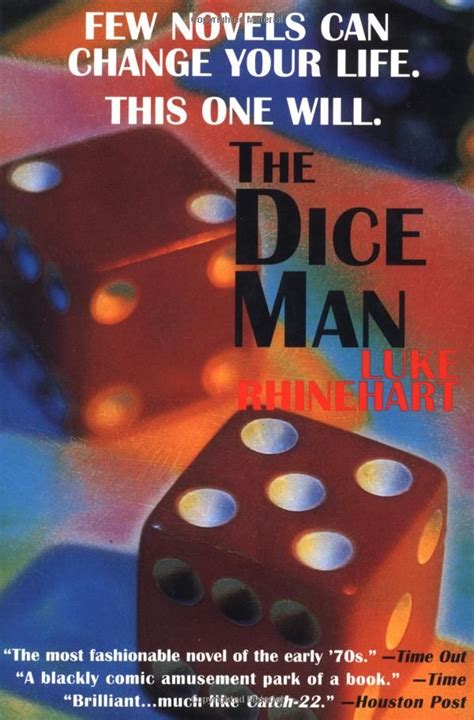A Quote by J. M. Coetzee
Should philosophers be expected to change the world? Such an expectation seems to me extravagant. Marx himself didn't change the world: he reinterpreted it, then other people changed it.
Related Quotes
I am not sure just what Marx had in mind when he wrote that "philosophers have hitherto only interpreted the world in various ways; the point is to change it." Did he mean that philosophy could change the world, or that philosophers should turn to the higher priority of changing the world? If the former, then he presumably meant philosophy in a broad sense of the term, including analysis of the social order and ideas about why it should be changed, and how. In that broad sense, philosophy can play a role, indeed an essential role, in changing the world.
By declaring yourself a leader, you're taking initiative and moving into a role of influence in a lively and vital network that's changing the world. We're changing the world, first by changing ourselves and then by touching the world as changed beings. We believe the change in us catalyzes change in others. So in changing the world, we're choosing to be the change we wish to see in the world. By taking on this leadership role, you are choosing to be the change too.
As an organizer I start from where the world is, as it is, not as I would like it to be. That we accept the world as it is does not in any sense weaken our desire to change it into what we believe it should be - it is necessary to begin where the world is if we are going to change it to what we think it should be.
...Stop blaming me, thinking I'm the problem. If you think I'm the problem, then you have to change me. If you realize that you're the problem, then you can change yourself, learn something and grow wiser. Most people want everyone else in the world to change themselves. Let me tell you, it's easier to change yourself than everyone else.
To change man, the audience by which he judges himself must be changed. A man is defined by his audience: by the people, institutions, authors, magazines, movie heroes, philosophers by whom he pictures himself being cheered and booed. Major psychological disturbances, 'identity crises', are caused when an individual begins to change the audience for whom he plays: from parents to peers; from peers to the works of Albert Camus; from the Bible to Hugh Hefner.
As an organizer, I start from where the world is, as it is, not as I would like it to be. That we accept the world as it is does not in any sense weaken our desire to change it into what we believe it should be - it is necessary to begin where the world is if we are going to change it to what we think it should be. That means working in the system.
With someone like Barack Obama, I think the whole America, the whole world will coalesce. Every election is about change, and change takes a long time because there are big issues that can't be changed overnight. But the one thing that will change dramatically is how we're viewed around the world. Once Obama is in there, the world will view Americans in an entirely different light. And that, to me, is a good thing.
I was neurotic for years. I was anxious and depressed and selfish. Everyone kept telling me to change. I resented them and I agreed with them, and I wanted to change, but simply couldn't, no matter how hard I tried. Then one day someone said to me, Don't change. I love you just as you are. Those words were music to my ears: Don't change, Don't change. Don't change . . . I love you as you are. I relaxed. I came alive. And suddenly I changed!
Karl Marx said, “The task is not just to understand the world but to change it.” A variant to keep in mind is that if you want to change the world you’d better try to understand it. That doesn’t mean listening to a talk or reading a book, though that’s helpful sometimes. You learn from participating. You learn from others. You learn from the people you’re trying to organize. We all have to gain the understanding and the experience to formulate and implement ideas.
I'm not saying I'm going to rule the world, I'm going to change the world. But I guarantee I will spark the brain that will change the world. And that's our job. It's to spark somebody else watching us. We might not be the one, but let's not be selfish. And because we['re] not going to change the world, not talk about how we should change it. I don't know how to change it. But I know if I keep talking about how dirty it is out here, somebody's going to clean it up!
You write in order to change the world, knowing perfectly well that you probably can't, but also knowing that literature is indispensable to the world... The world changes according to the way people see it, and if you alter, even by a millimeter, the way... people look at reality, then you can change it.





































